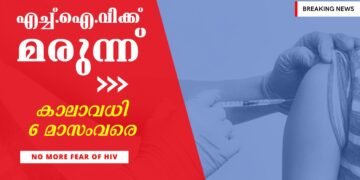Rabies is a viral disease that affects the nervous system and is typically transmitted through the saliva of an infected animal via bites or scratches. It is a serious and often fatal condition once symptoms appear. However, rabies is preventable through vaccination.
The rabies vaccine is highly effective in preventing the onset of rabies in individuals who may have been exposed to the virus. Here are some key points about the rabies vaccine:
- Pre-Exposure Prophylaxis (PreP): People at higher risk of exposure to rabies, such as veterinarians, animal control workers, and individuals traveling to areas where rabies is prevalent, may receive pre-exposure prophylaxis. This involves a series of rabies vaccine shots to build immunity before potential exposure to the virus. PreP is recommended for those at increased risk.
- Post-Exposure Prophylaxis (PEP): If a person is bitten or scratched by an animal that may be infected with rabies, immediate medical attention is crucial. Post-exposure prophylaxis involves a series of rabies vaccine shots along with rabies immune globulin (RIG) to prevent the onset of the disease.
- Vaccination Schedule: The rabies vaccine is typically administered in a series of shots over a few weeks. The exact schedule may vary depending on the specific vaccine used.






































Discussion about this post